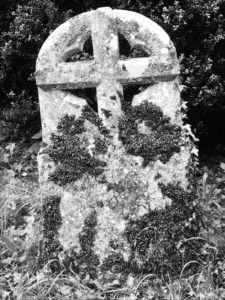Ninety Year 5 students came to visit the school today, with all the cheer and enthusiasm for life that only ten year olds can have.
They talked about all sorts, telling me about their school and their summer holidays. One told me about not only his summer holiday, but also his winter holiday in Austria. His chatter brought a memory of being with a ten year old in Austria, just after my fiftieth birthday, and telling the ten year old about when I was ten
The ten year old friend was feeling fed up. “I’ll tell you a story from when I was ten.” I had said, “that’s forty years ago.”
“When I was ten years old, a girl called Sarah, whom I thought to be the most beautiful in the world, was having a birthday party. This was to be a day of great excitement, for it was to be the best party ever. On the day on which the invitations were handed out, I was absent from school with asthma. ‘Never mind’, I thought, ‘my invitation will be waiting for me’. As the day drew close, I grew more worried. Our two teacher school had forty pupils. There were twenty in the classroom in which I sat, and everyone else had been invited. It wasn’t talk of the party that worried me, it was the point when all the others went to the party that I was dreading. Sarah lived in a stone cottage directly opposite the gate of our village school. It would be impossible for the others not to notice that I was the only person not going.”
“At 3.45 on the appointed day, our teacher let us go from the class. I was very sad as I walked out through the door and across the playground to the school gate. Everyone else merrily crossed the road to Sarah’s house. Very sad and lonely, I turned right and walked home – I was the loneliest ten year old in the entire world.”
“Then do you know what happened? Thirty years later, a new family moved into the house next door to my church in Dublin and they came to church.”
“Where are you from?’ I asked the man.
“From England,” he said.
“Where in England?”
“Somerset,” he said.
“Somerset is my home county,” I explained to my ten year old friend, so I asked him, “where in Somerset?”
“High Ham,” he said.
“Where did you live in the village?”
“Opposite the school.”
“You’re Sarah’s little brother,” I said. “He looked at me in amazement.”
The gondola had arrived at the lift station, and we had stepped out.
“Is that story true?” laughed my friend.
“It is. And in forty years time, when you are fifty and I am dead, I want you to tell another ten year old that story and make them laugh as you did.”
“You won’t be dead in forty years time.”
“I think I will.”
We had smiled and walked on.


